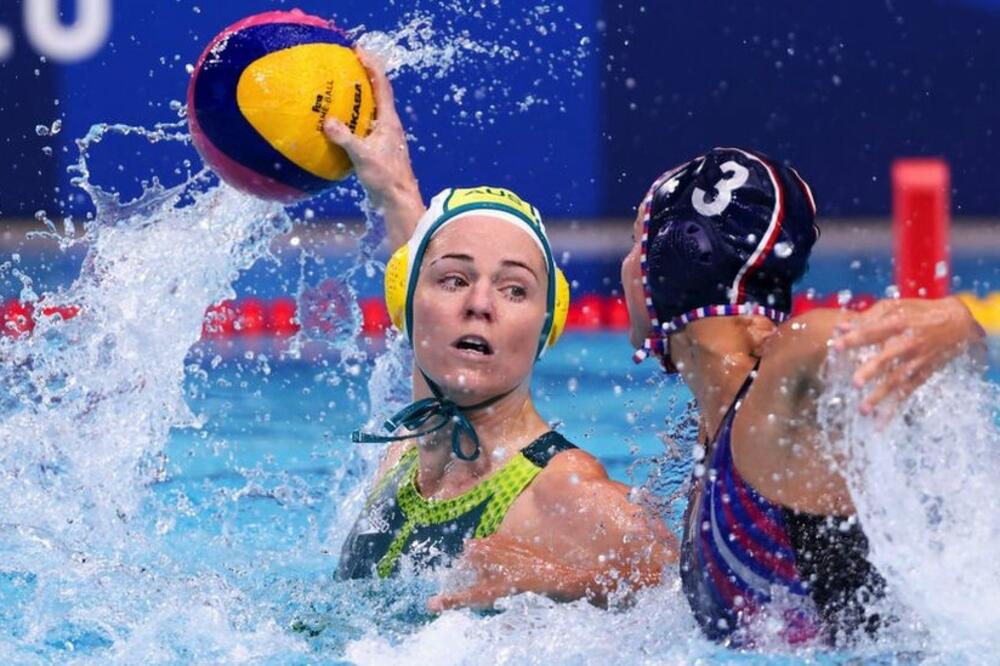We are still three months away from the start of the 2024 Paris Olympics and as the world's best athletes prepare to fight for Olympic glory, many will have to familiarize themselves with a confusing set of regulations.
These are some of the unusual rules that await them.
- All about the Olympic and Paralympic Games in Paris
- The medals at the Olympic Games will be made of metal from the Eiffel Tower
- The opening ceremony of the Olympic Games in Paris without Russians and Belarusians, the IOC decided
No sweat or beard
Olympic wrestlers are not allowed to step on the mat sweating.
The referee must check that the contestants are wet with sweat at the start of the match and may send them back to dry if necessary.
The same rule applies to all greasy or sticky substances found on the body.
Nails must be cut short, and beards longer than five millimeters are not allowed.
A similar rule regarding the limitation or absence of a beard also applies to boxing.
Barefoot running
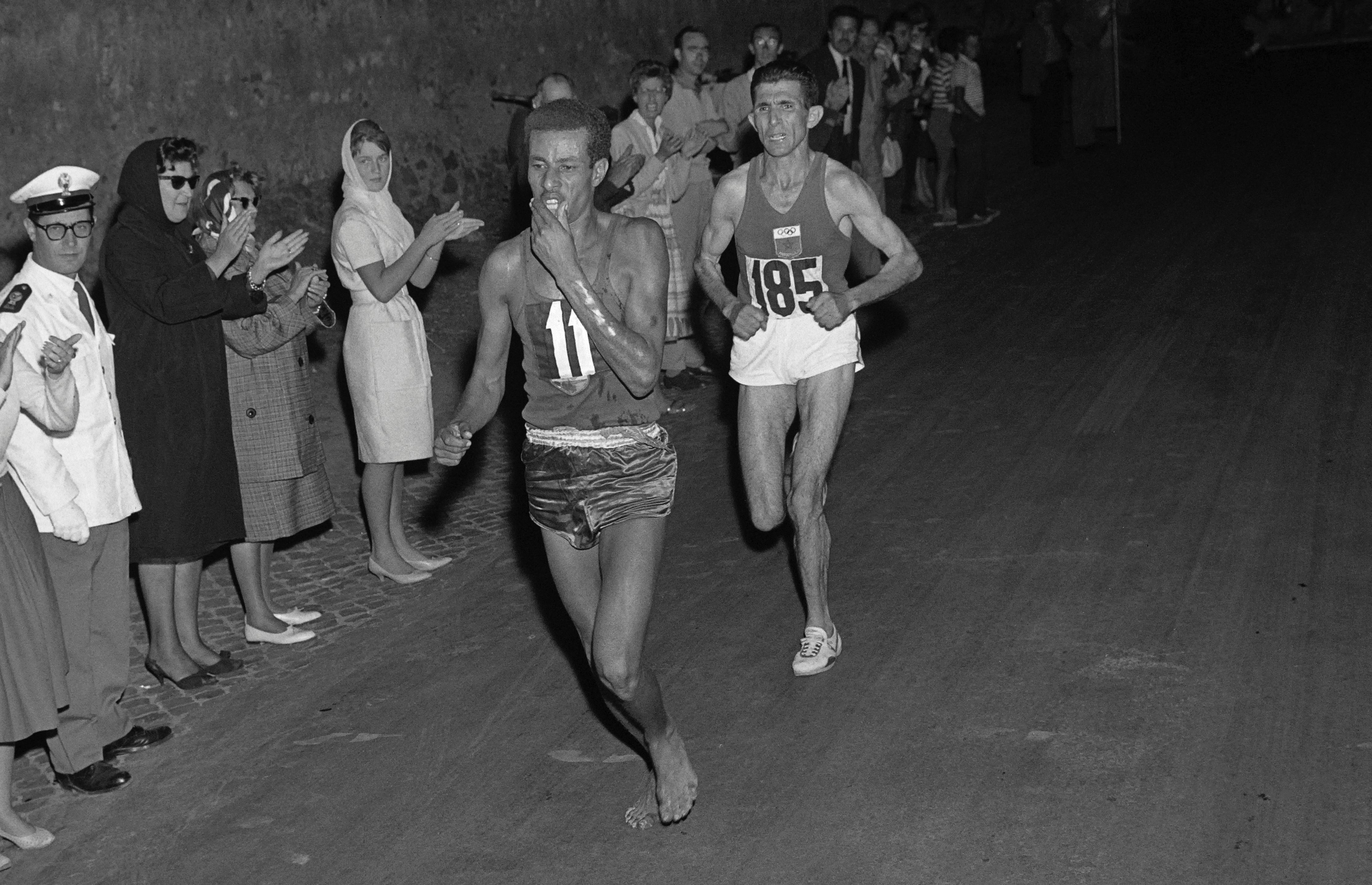
Athletics footwear rules are quite complicated in terms of design and materials, as governing bodies try to strike a balance between technical progress and gaining an unfair advantage.
But athletes don't have to wear them at all - they can compete in track and field events barefoot or with shoes on one or both feet, according to the World Athletics Federation (World Athletics), the umbrella organization of this sport.
Barefoot athletes have had little success in athletics at previous Games, but Ethiopian Abebe Bikila triumphed in the marathon barefoot at the 1960 Rome Games.
No movement from the beginning
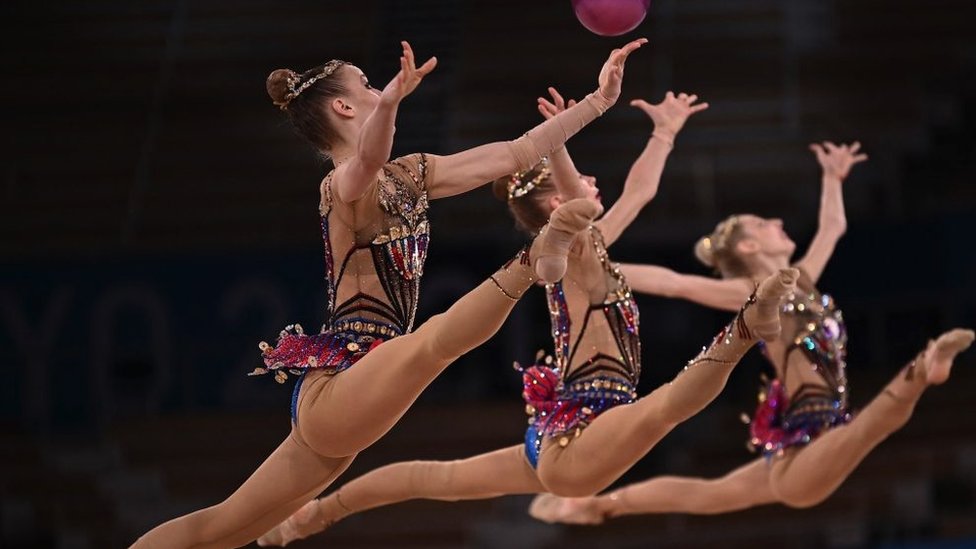
In rhythmic gymnastics, athletes use equipment such as bands, hoops, clubs and balls.
But the rules say that if one of these objects gets caught in the ceiling or breaks, the gymnast must continue the routine because they cannot start over.
A gymnast will not be penalized for losing or breaking equipment, but it will be difficult to achieve a perfect result.
The judges will continue to evaluate the performance and any technical errors, and the gymnasts can continue the point using the spare apparatus that is placed around the arena.
No splashing
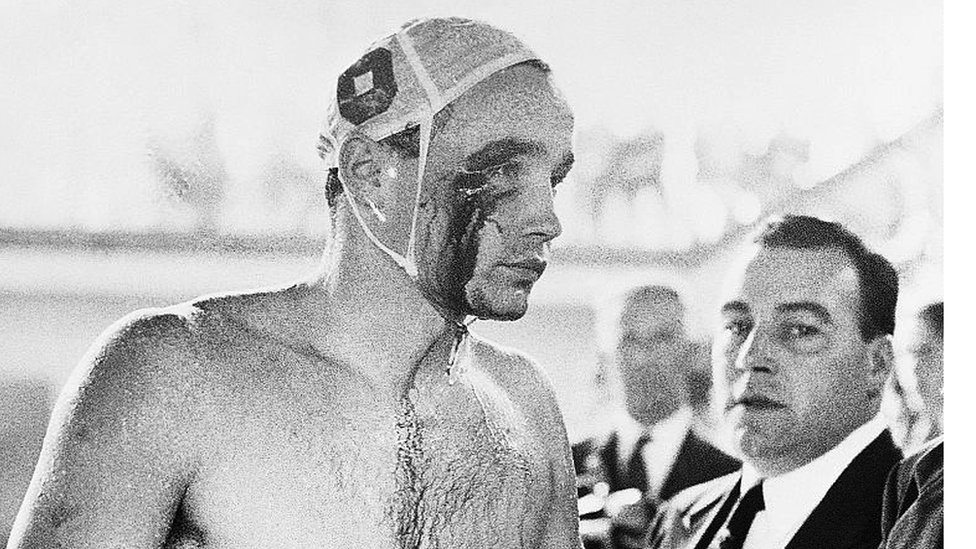
In water polo, a player can be disqualified for intentionally splashing an opponent in the face, but since it is a tough and physically demanding sport, it seems to be the least of the referees' worries.
Although much of the "fuss and roughness" of the game can be obscured by water, the rules state that athletes are prohibited from using any excessive force, such as kicking, punching, or such malicious attempts against an opposing player or official.
This, of course, does not mean that there are never fouls.
In the infamous match between Hungary and the Soviet Union at the Melbourne Olympics in 1956, five players were kicked out of the pool.
Just weeks before the match, Soviet tanks and troops entered the Hungarian capital of Budapest - brutally putting down an anti-Soviet uprising.
Hundreds of Hungarians were killed and thousands arrested.
However, news did not reach the Hungarian water polo team at the training camp in Czechoslovakia, and they only learned about the extent of the violence when they finally arrived in Australia.
Throughout the match, there was kicking and punching on both sides as political tensions bubbled to the surface, making this semi-final dubbed "blood in the water".
A bloody tissue
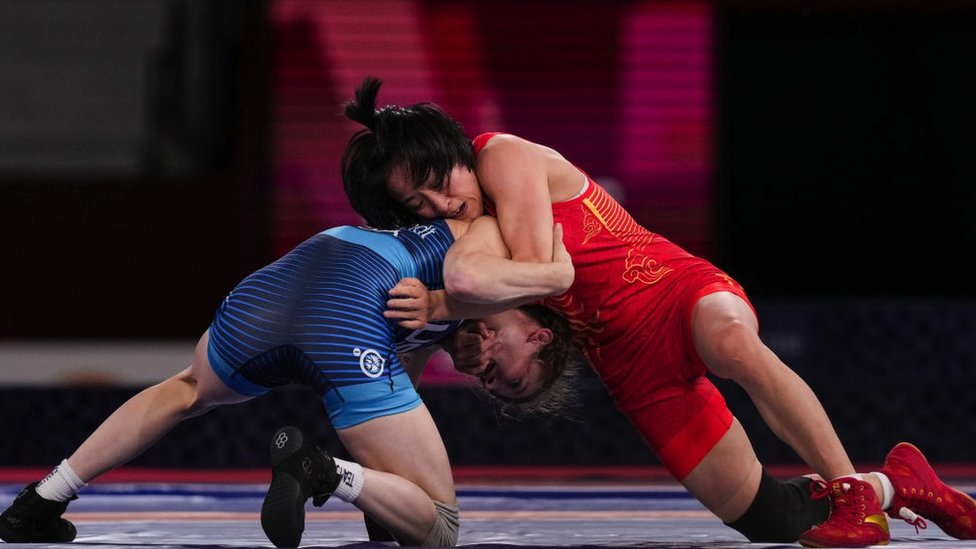
Olympic wrestlers have to wear a cloth handkerchief somewhere in their jersey, which is colloquially called a "bleeder" (bloodrag).
A piece of cloth is used to wipe blood from injuries sustained during competition - or to clean the mat of any bodily fluids.
Short nails
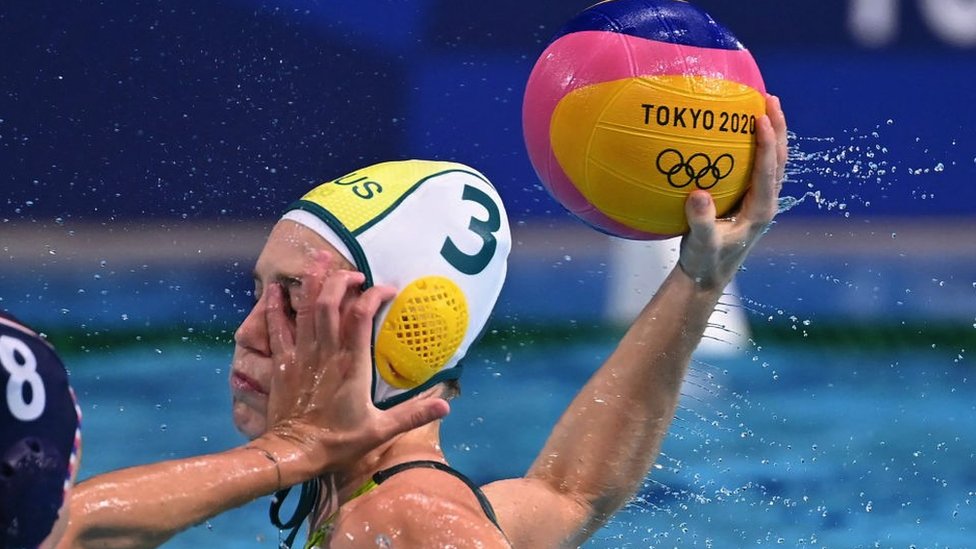
At many sporting events, participants are required to have short nails for health and safety reasons.
So, for example, the referee checks whether all the water polo players have cut their fingernails and toenails before the match starts.
Loose and fitted clothes
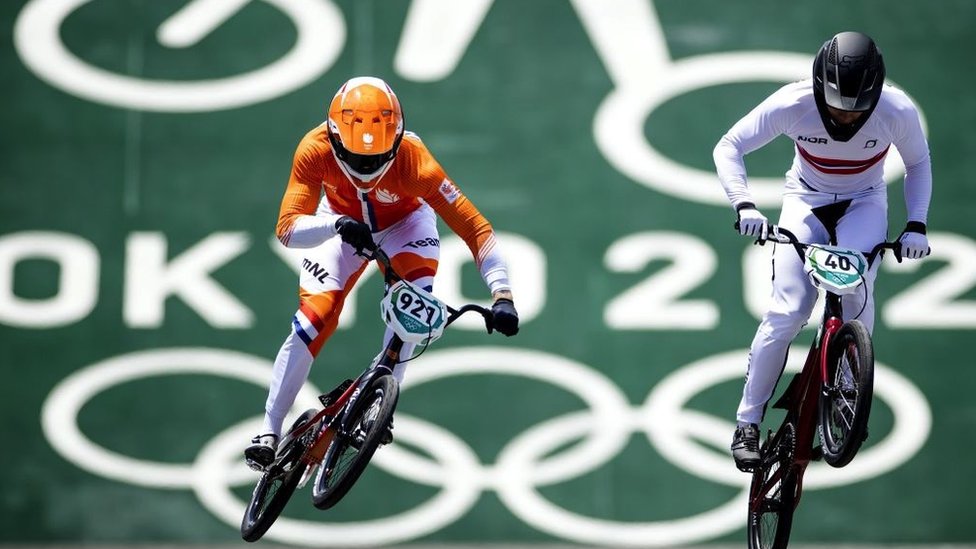
Competitors in all sporting events have clear specifications of what they can and cannot wear.
Drivers BMX cyclists must wear more comfortable jerseys with long sleeves that reach the wrists.
The jersey must be close to the waist or tucked into the pants before the start of the race, according to the umbrella World Cycling Union.
The French capital will host around 10.5000 athletes who will compete in more than 300 medal events.
The Summer Olympics should start on July 26 in Paris, followed by the Paralympic Games, which end on September 8.
Follow us on Facebook, Twitter, Instagram, YouTube i Viber. If you have a topic proposal for us, contact us at bbcnasrpskom@bbc.co.uk
Bonus video:



